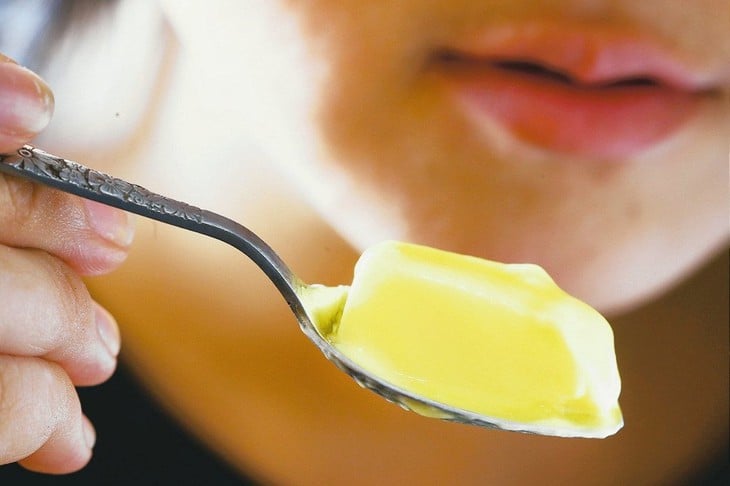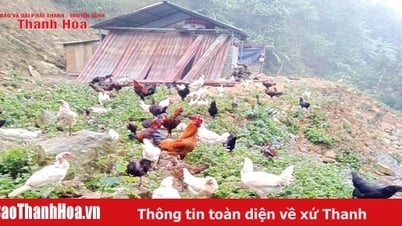
Animal oils often have a rich flavor that stimulates appetite, so it is misunderstood that they are more fattening than vegetable oils - Photo: UND
A widely circulated information on Chinese social media recently claims that "animal oil is more fattening than vegetable oil". However, this view is nutritionally incorrect and has been refuted by experts based on clear scientific grounds.
According to an article published in the column refuting false information of the Health newspaper (China) on June 7, Dr. Le Nghe - head of the clinical nutrition department of Hainan Provincial People's Hospital (China) - stated that the energy provided by animal oil and vegetable oil per unit mass is equivalent.
If consumed in the same amount, the ability of these two oils to cause fat accumulation or weight gain is essentially no different.
In other words, there is no single oil that is more fattening when considering nutritional energy alone.
However, animal oils (such as lard, butter, etc.) often have high saturated fatty acid content and a characteristic flavor that easily stimulates appetite, causing users to unintentionally eat more than their actual needs. This is the key factor leading to excess energy and weight gain.
On the contrary, some people misunderstand that vegetable oil will not cause obesity, so they use it uncontrollably, which can easily lead to excess energy accumulation.
According to a 2022 Chinese nutrition guideline, the daily intake of cooking oil for healthy adults should be limited to 25-30g. Using a measuring bottle can be an effective way to control it.
In addition, people with high blood pressure, dyslipidemia or overweight or obesity should pay special attention to limiting the use of cooking oil in their diet.
In terms of preservation, because cooking oil is easily oxidized after opening, it is best to use small bottles, pour them into dark glass jars with tight lids, and store them away from light and heat.
The energy of vegetable and animal oils is almost equivalent.
According to the research report “Animal and vegetable fats as human foods” published in the journal Proceedings of the Nutrition Society , both vegetable and animal oils provide approximately 9 kcal per gram. The energy difference between the two is very small: “animal fat, 9.40 kcal/g; vegetable fat, 9.30 kcal/g”, mainly due to small differences in chemical composition and digestibility, but they are basically both high energy sources.
Another study with DOI code posted on the website of the Turkish National Center for Academic Information compared the calorific value of various vegetable oils and animal fats and found that all had very high calorific values, ranging around 37,000 J/g (equivalent to about 9 kcal/g), for example: olive oil: 37,294 J/g (~8.9 kcal/g); beef fat: 36,984 J/g (~8.8 kcal/g); soybean oil: 36,929 J/g (~8.8 kcal/g). This confirms that in terms of energy, no one type is significantly “less fattening” than another.
Source: https://tuoitre.vn/an-dau-thuc-vat-se-khong-gay-beo-nhu-dau-dong-vat-20250608093728417.htm

































































































Comment (0)